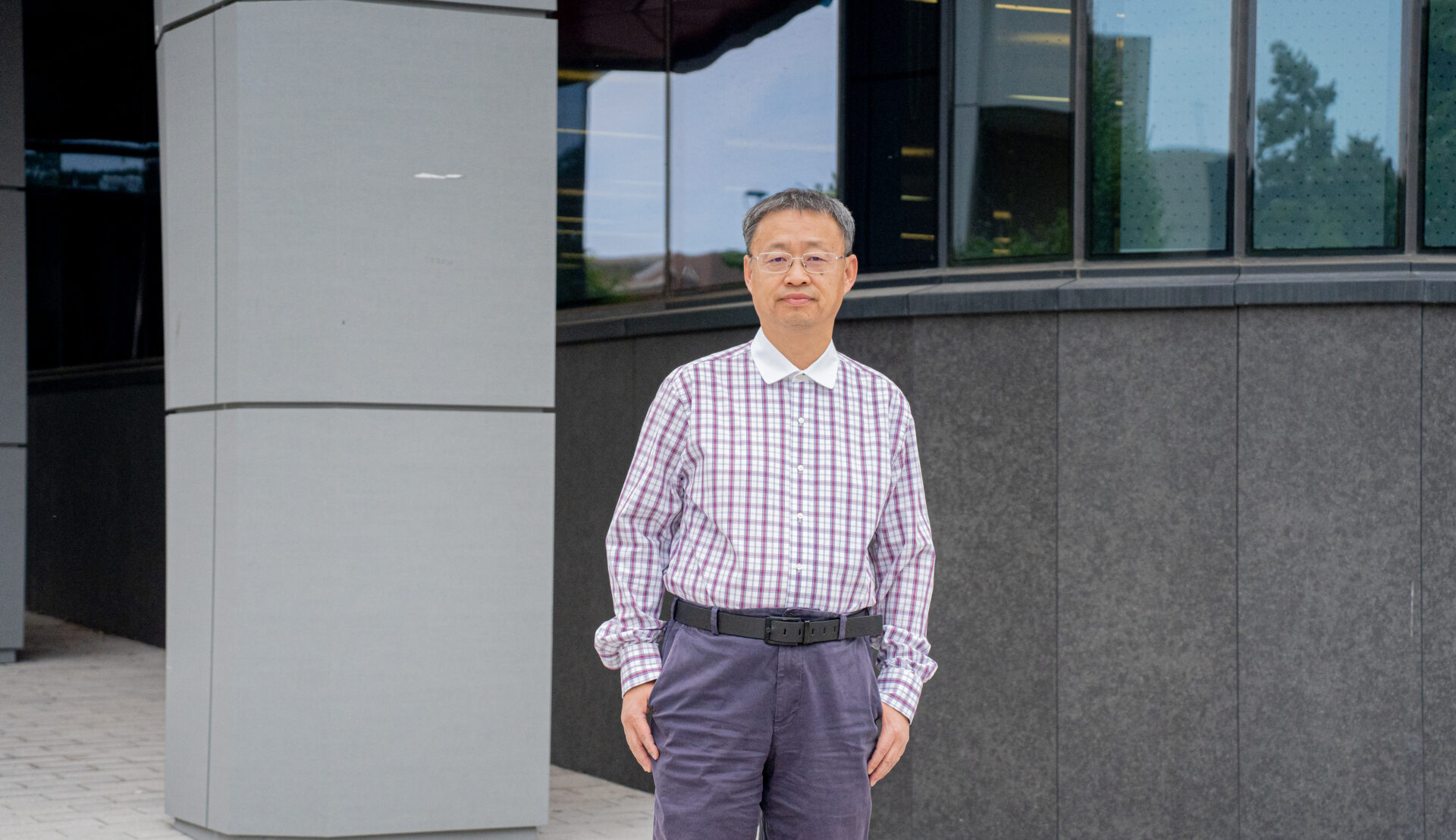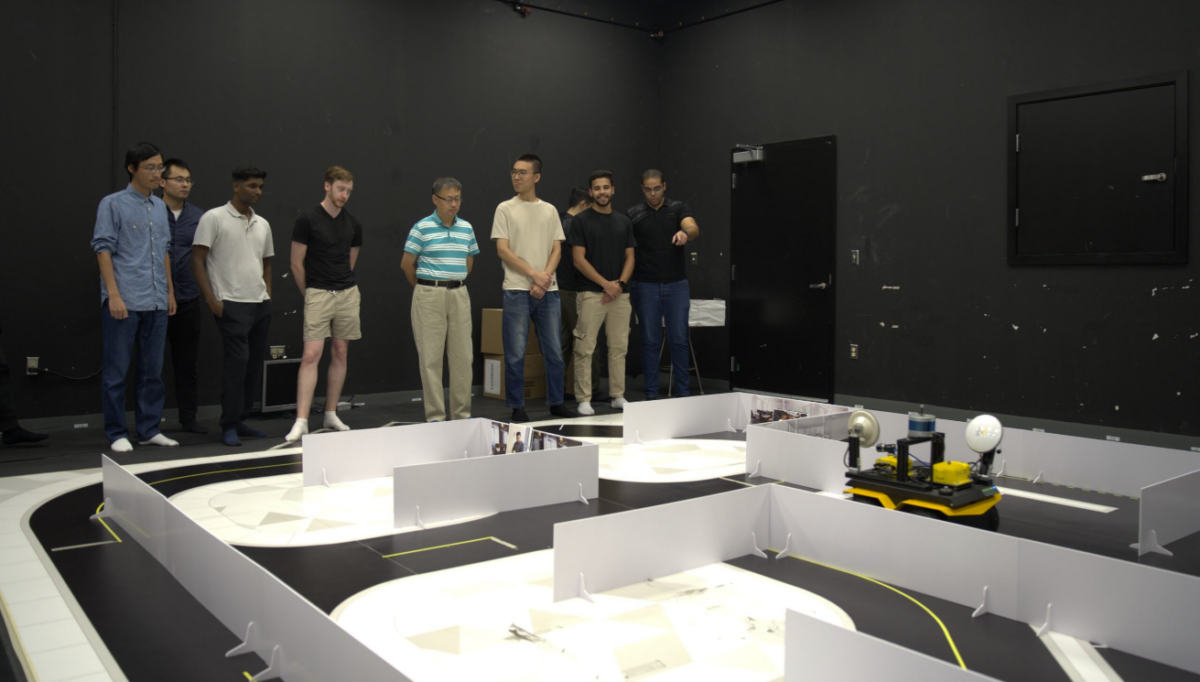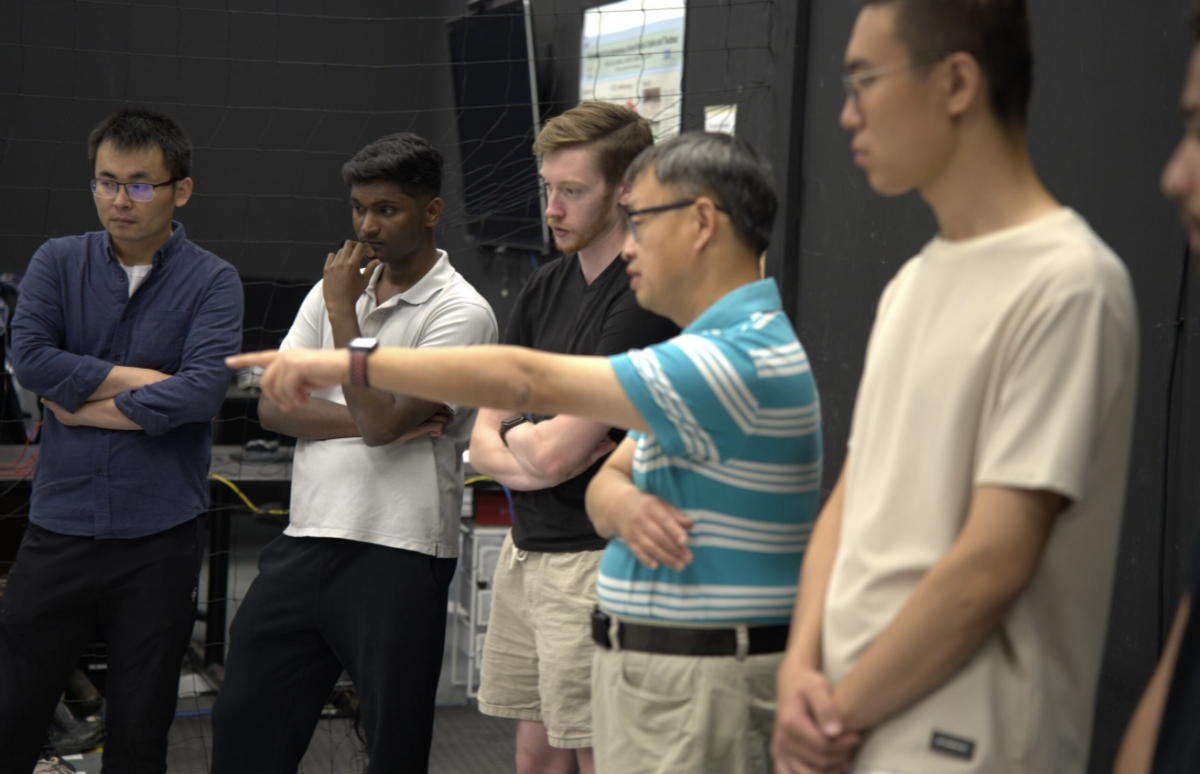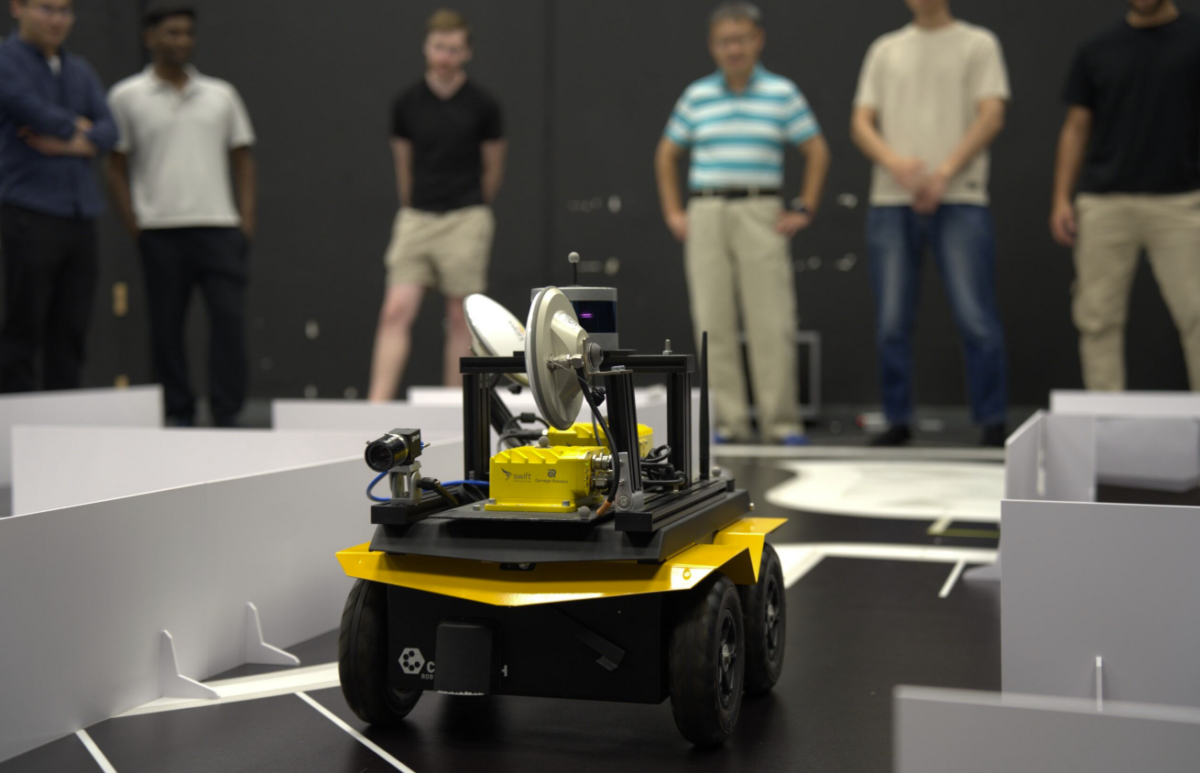Researcher Spotlight: Professor Jinjun Shan takes the wheel in autonomous technology and creates engaging student opportunities
Tags:

Get to know the bright minds shaping our world. Our ‘Researcher Spotlight’ series celebrates trailblazing researchers at the Lassonde School of Engineering, diving into their journeys and innovations.
—
At the Lassonde School of Engineering, students are not just learning in the classroom—they are working alongside top researchers like Professor Jinjun Shan in the Earth & Space Science & Engineering department, shaping the future of technology.
His research is dedicated to advancing and refining various autonomous systems, with a particular focus on addressing challenges in control, navigation and planning.
“I am formally trained in space engineering, and I think this field is extremely important due to its many applications like satellites, Wi-Fi and GPS,” says Professor Shan.
His engineering journey started in China, where he pursued an education in spacecraft design and discovered his passion for the field.
“Recently, I shifted my focus to autonomous systems, like unmanned aerial vehicles (UAVs), drones and self-driving cars. This change was inspired by the growing need for accessible systems in the wake of the COVID-19 pandemic.”

Professor Jinjun Shan and his students overseeing an autonomous vehicle in motion.
Professor Shan’s visionary research has fostered numerous collaborations with industry partners as well as government organizations. Over the past four years, he has been working on enhancing the reliability of UAVs for military applications, programming these systems to perform tasks and meet user needs. He is also collaborating with Quanser, a leader in cutting-edge technology, to advance the capabilities of autonomous systems.
“Another subtopic I’m working on is self-driving cars,” he says. “Autonomous driving is the future, and we want to ensure that these vehicles are safe and efficient by improving their decision making and planning. In the way that humans make decisions while driving, we need self-driving vehicles to have those same skills. This work intersects computer science disciplines like artificial intelligence and computer vision, enabling us to design and train cars to function autonomously.”
At the forefront of innovation, Professor Shan is inspiring a new generation of engineers to build and apply their technical skills to help advance the field of autonomous systems. His industry collaborations enhance the student experience, enabling them to contribute to real-world solutions.


Professor Jinjun Shan collaborating with his students.
Staying true to his space engineering roots, Professor Shan is also developing an optical instrument to monitor and analyze greenhouse gases and help evaluate climate change. This summer, the tool was launched on a high-altitude flight from Esrange Space Center in Kiruna, Sweden, validating its performance.
Professor Shan’s work has resulted in many achievements, earning him global recognition and acclaim. Notably, he has been elected as a fellow of the Canadian Academy of Engineering and holds two patents for a novel technology that helps control and synchronize the motion of multiple robotic systems.
“I would say that my success is a result of many things, including support from my family and students – without them, I wouldn’t be able to achieve all that I have. My students never shy away from challenges, but instead work toward solutions and shared research goals through dedicated collaboration,” he says. “Lassonde has also been tremendously supportive and I’m fortunate to have such a spacious lab that allows for drone testing and other research projects.”